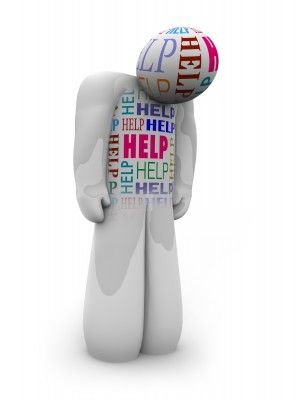
Image credit: 123rf

Image credit: 123rf
The Slow Movement – that lumbering, late 20th century-early new millennium cultural shift towards taking it easy – is a welcome effort to install much-maligned sloth in the ranks of the virtues. It materializes in various forms, this Movement, some less bizarre — slow living, slow design, slow food, slow travel, than others —slow computer programming (I kid you not).
But to what end, all this idleness? For the more ideologically-minded, the ultimate goal seems something like the ushering in of a new world order- the birth of a glorious Slow Planet to replace the frenzied and rapidly declining mess that we currently have. For those with more modest aims, the Movement is an understandable attempt to recover a little of what has been lost to breakneck-modern living– the pleasure of a lazy meal with friends; the joy of a long, slow stroll.
There is, however, an intriguing benefit to all this slowness that many slow-folks tend to overlook: indulging in a little sloth may actually make one more helpful.
In 2008, the psychologist Robert Levine, with colleagues Stephen Reysen and Ellen Ganz, assessed the pace of life in 24 US cities by measuring the time it took a typical pedestrian to cover 60 feet. They also has stooges play out a number of scenes to evoke helpfulness in passersby – dropping a pile of magazines all over the sidewalk; asking for change. When the researchers looked at the association between a city’s walking pace and it’s helpfulness, it turned out that, whether it’s picking up magazines or making change, people in slower cities do more of it.
Of course with a correlational study like this, the causal connections are hard to work out - we can’t tell whether walking slowly somehow causes more helping, or whether something else is going on. Thankfully there is a classic social psychology study that helps clear up the causal story.
In 1973, John Darley and Daniel Batson recruited seminary students to take part in a study in which they (the students) would have to give a short speech about a religious topic. The participants were told that, as the building they were in was a little short on space, they’d need to head over to another location, just across a nearby alleyway, to give their talks. Now here comes the experimental manipulation - some of these students were led to believe that they were late and that they needed to hurry to make their talk; others were given the impression that they had plenty of time.
Out in the alley, participants stumbled upon a man slumped in a doorway, moaning and shifting about, in clear need of help (another stooge). And just how helpful were our seminary students? Well, overall, an uninspiring 40 percent helped. Of more interest, however, for the sloth and helpfulness story, is the impact of “hurry” vs. “plenty of time” instructions on helping behavior. Of those students told that they had to hurry, only 10 percent offered any help; of those with plenty of time, a more encouraging 63 percent helped the slumped victim.
So a little sloth does seem to cause helpfulness, but why? It’s unlikely that slowing down magically resets out moral values systems or reveals some previously unthought-of ethical truth. Rather, slowing down allows us to get our heads out of our own concerns and to attend more closely to the needs of others.
The ethos of Slow is an antidote to what social psychologist Stanley Milgram termed psychological overload. The modern world is a crushing wave of sensory information and in an effort to cope, people block out what isn’t relevant to their current goals. Unfortunately, very often, “what isn’t relevant” is the needs of others.
Robert Louis Stevenson captured the essence of the virtuous side of sloth in his Apology for Idlers: “idleness so called, … does not consist in doing nothing, but in doing a great deal not recognized…” At least part of what is not recognized in sloth, is that slowing down allows us to re-evaluate our priorities and to take heed of the needs of others.

